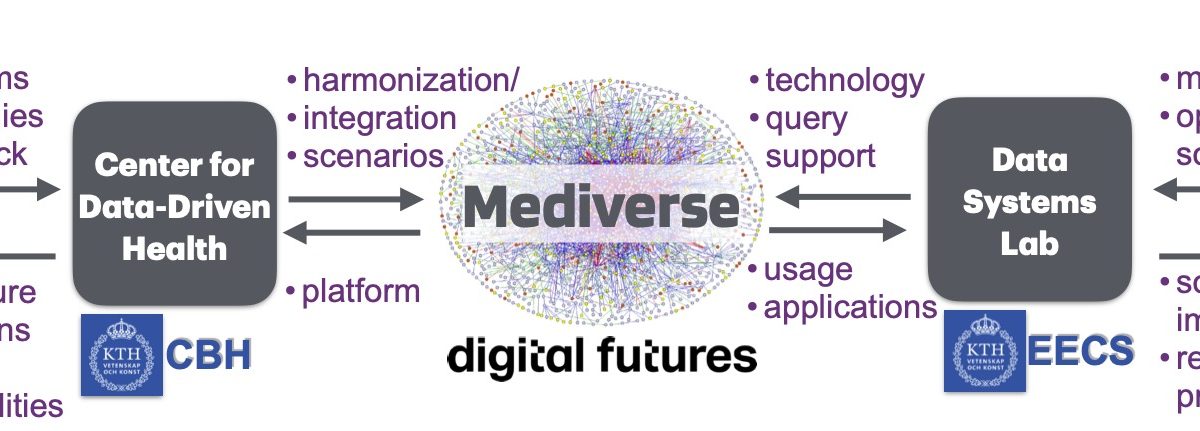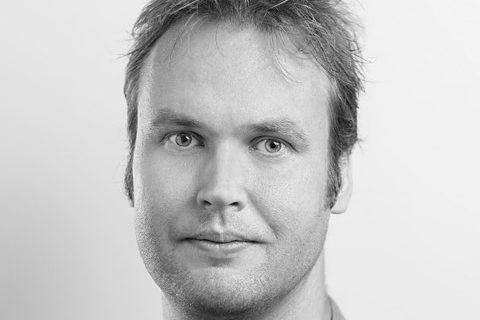About the project
Objective
Mediverse will showcase how clinical and medical researchers can integrate multimodal health data into a unified knowledge graph. Our showcase will give a live example of advanced data exploration, complex medical searches, and predictive analytics across diverse modalities, such as genomic data, clinical studies, and medical imaging. Leveraging Graph Neural Networks (GNNs) and black-box uncertainty estimation, Mediverse aims to also establish trust in AI-driven healthcare insights, accelerating medical discovery while ensuring transparency and reliability, two instrumental needs in the health sector.
Background
Health data is typically fragmented and siloed across various institutions and data formats, making integration and large-scale analysis highly challenging. Despite regulatory efforts, the problem tends to worsen over the years. At the same time, existing approaches to interoperability struggle to capture the full spectrum of clinical relationships across different medical domains. Mediverse addresses these challenges by embracing data diversity. At its core, our method is based on a unified future-proof hierarchical model built using knowledge graph representations that link diverse healthcare datasets, enabling seamless interaction and in-depth exploration. By incorporating state-of-the-art graph representation learning techniques, Mediverse facilitates cross-ontology mapping, providing a powerful tool for clinicians and researchers to uncover previously inaccessible insights.
Crossdisciplinary collaboration
Mediverse is a collaboration between KTH’s Data Systems Lab (EECS) and the Center for Data-Driven Health (CBH). It brings together valuable expertise in health informatics, knowledge graph modeling, machine learning, and data systems engineering. The project is further strengthened by partnerships with Karolinska Institute, Region Stockholm, and the private sector, enabling real-world validation and deployment within Sweden’s healthcare ecosystem.



